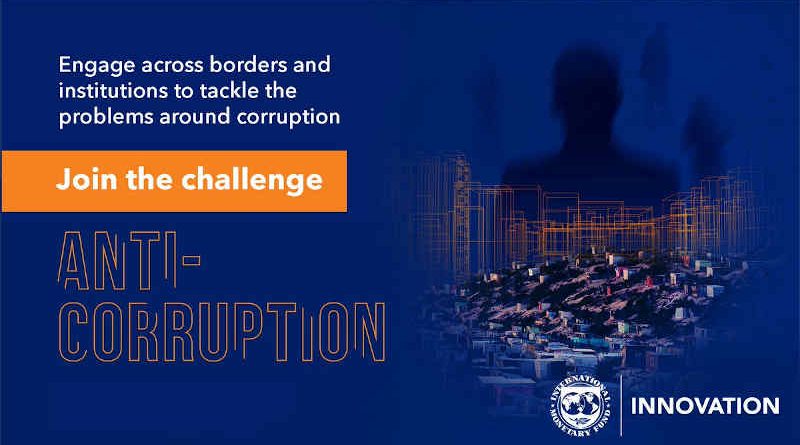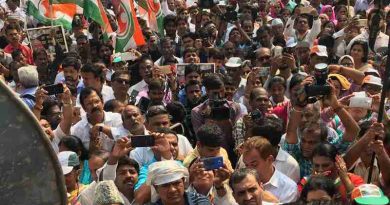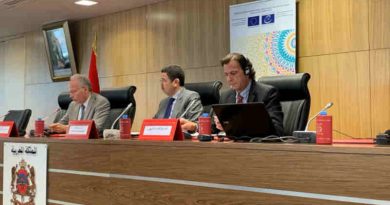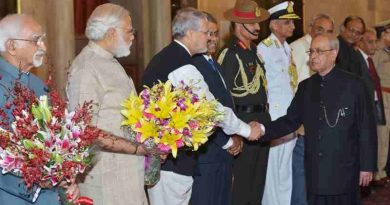How IMF Plans to Tackle Corruption in the Public Sector
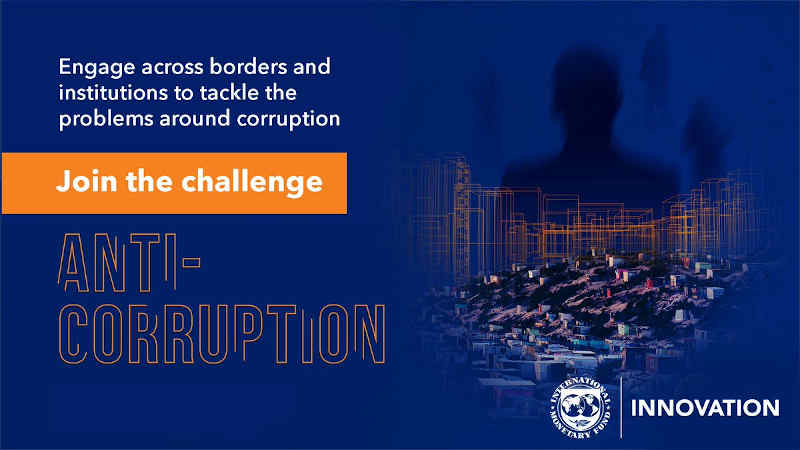
The IMF (International Monetary Fund) has announced that its Anti-Corruption Challenge has received over 120 proposals from country authorities, civil society organizations, and staff from the IMF and other International Financial Institutions (IFIs) of over 30 countries around the world.
After an evaluation against the challenge criteria, the IMF topic experts have shortlisted the proposals. An evaluation panel consisting of IMF and external expert judges will be selecting the top 8 proposals in the coming weeks. The 8 finalists are expected to send 2 members of their team to participate in a bootcamp and the challenge pitch event during the 2020 Spring Meetings in Washington, DC.
The focus of the challenge: How might we promote good governance and tackle corruption in the public sector to promote transparency and influence behavioral change?
According to IMF managing director Kristalina Georgieva, the cost of bribery is estimated at $1.5-2 trillion per year, roughly 2% of global GDP. “As the IMF focuses on good governance, I invite you to join the IMF Anti-Corruption Challenge to find innovative solutions to tackle corruption,” she said.
The cost of bribery is estimated at $1.5-2 trillion per year, roughly 2% of global GDP. As the IMF focuses on good governance, I invite you to join the #Anticorruption #IMFChallenge to find innovative solutions to tackle corruption: https://t.co/1wD5RVoWc1 pic.twitter.com/6ySPERdspF
— Kristalina Georgieva (@KGeorgieva) November 1, 2019
The challenge was launched on October 18, 2019 during the 2019 IMF / World Bank Annual Meetings in Washington D.C. The challenge allows further global collaboration around these key topics below:
1. Enhancing Governance in Public Finance: The Role of Data and Technology;
2. Promoting Good Governance in Central Banks: The Role of Non-Executive Directors;
3. Tackling Corruption: Financial Disclosure Systems for Public Officials;
4. Fighting Money Laundering: The Use of Data for Financial Intelligence;
5. Improving the understanding of Risks of Corruption;
6. Other solutions including the use of open/big data in enhancing governance and fighting corruption.
The top three pitches will be provided seed funding and project support by iLab and sponsors, and will be accepted into the iLab accelerator program.
On completion of the accelerator projects, project teams will deliver a working proof of concept, final presentation, report as well as project deliverables including code and documentation via open source. The selection of the finalists will be done by February 2020, while the staff of the IMF and World Bank will join the project teams.

